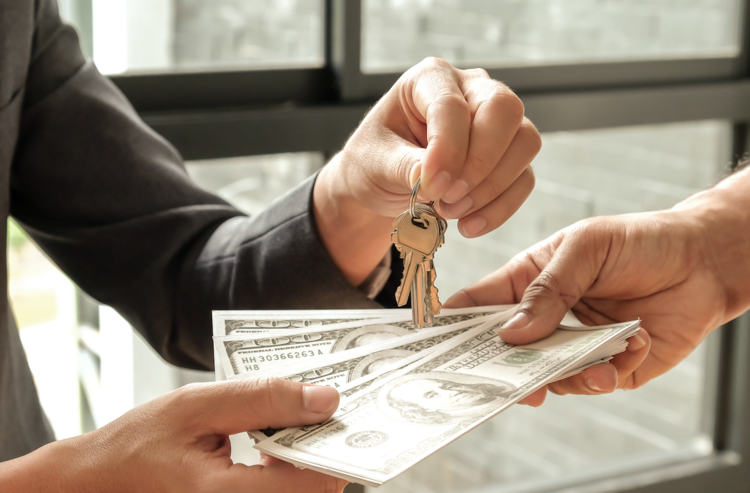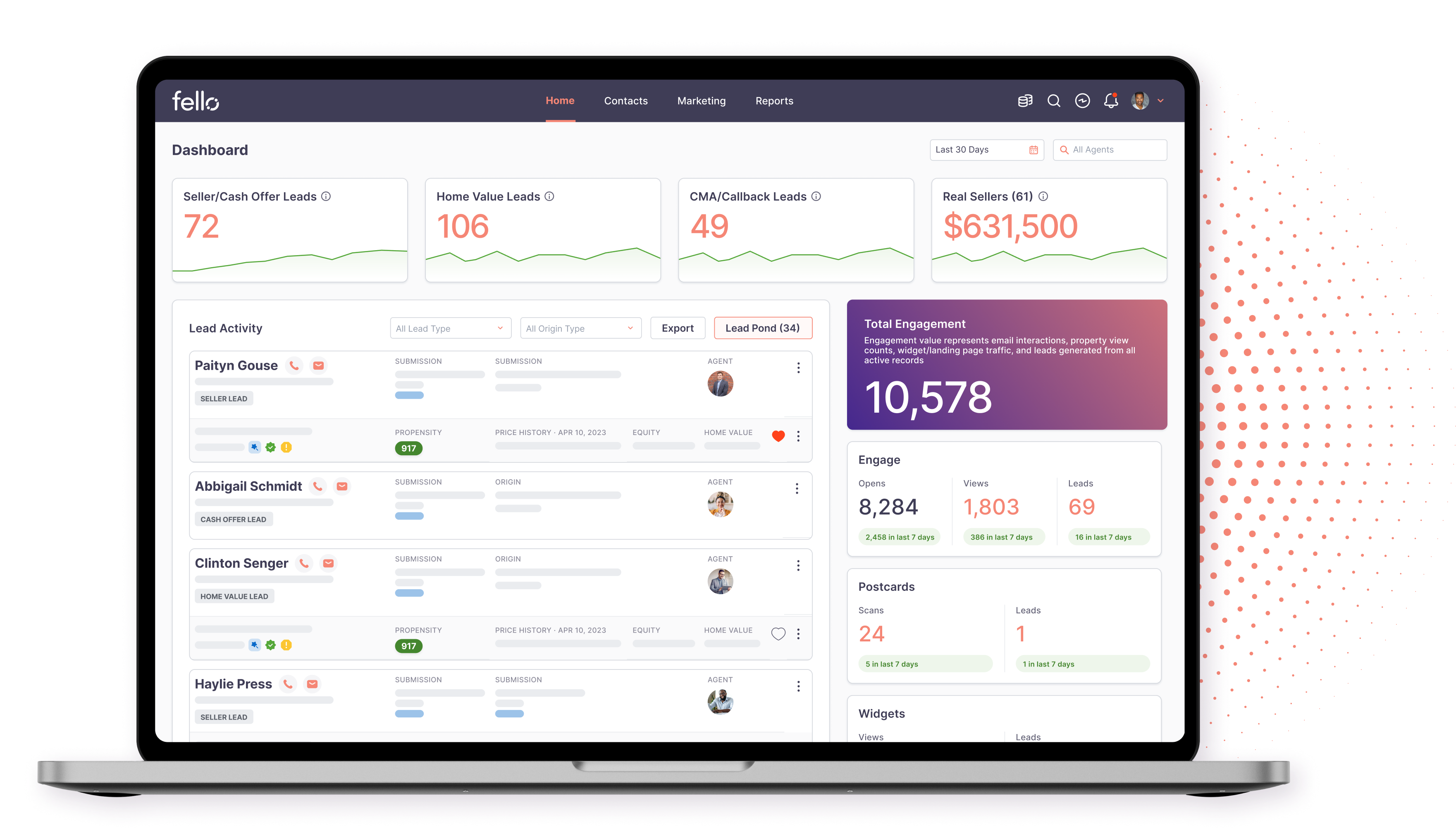Blog Post
How Much Home Equity Do You Really Need Before You List?

April 20, 2020 written by Tom Schrader, Chief Product Officer
What is home equity?
Home equity is the current market value of your home subtracted by what you owe on your mortgage. The goal is to have a positive number after you equate the market value of the home and the remaining balance on the mortgage.
Before you decide to hire a real estate agent, the first step in determining how much equity you have in your home is to find out the remaining balance of your mortgage. In some situations, homeowners may have a first and second mortgage on their house. In cases like this, both balances must be combined. This information can easily be obtained by contacting your lender.
The next step is to determine the current market value of your home. There are many ways to determine your home's current value, though the most accurate way to do this is to have a professional home appraiser come out to evaluate the property. Appraisers provide this service at a cost, so you only want to do it if you really need to know how much equity you have in your home. For example, if you're intending to refinance your mortgage, you may want to have it professionally appraised. If you are just curious about the amount of equity you have, there is no need to spend money on having an appraisal done. You can obtain an approximate idea of the value of your home by looking at recent transactions in your area. This is the same method that an appraiser would use to evaluate your home.
You can also find this information online by looking at the many different real estate websites available. Look for homes that have sold recently in the same area where your house is located and it is important to review homes that are comparable to yours. When you have these two numbers, your mortgage balance, along with your home's current market value, you should be able to determine how much equity you have built into your home.
How do you build equity?
Home equity is gained by paying down the principal balance on your loan, increases in market value over time, along with any improvements you make to your house. Let's assume that you purchase a house for $200,000. You put a 20% down payment and you obtain a loan to cover the remaining $160,000.
In this example, your home equity interest is 20% of the property value. The property is worth $200,000. You contributed $40,000 or 20% of the purchase price. So although you are considered the property owner, you only officially own $40,000 of the house.
This does not mean that your lender owns any portion of the property, it means the house is being used as collateral for your loan. Your lender secures the interest by getting a lien on the property.
Building equity in your home is not something that happens overnight. Most homeowners choose between a 15-year or 30-year mortgage--either way it takes substantial time to pay down your loan balance. Opting for a 15-year mortgage term obviously builds equity faster. With higher mortgage payments, and usually being able to secure a lower interest rate, homeowners tend to own their homes free and clear much faster than choosing a 30-year mortgage.
How much equity do you need before you list your home?
It’s important to factor in any expenses while preparing to sell your home, to have a clear understanding of the overall financial picture. This will help determine how much profit will be received when the property closes. Home sellers can expect to pay between 8% and 11% of the final sale price. This comes from items such as home preparation costs, staging upgrades, repairs that are needed to sell, agent commissions, transfer fees, outstanding taxes, and additional closing costs.
These costs vary and will need to be factored into determining what your profit will be or your net negative profit. To list your home, there should be enough equity to break even or make a profit. From an equity standpoint, this will determine how much cash you will need to bring to closing. If you find yourself in a position where you owe more on your home than the current market value for the property, the best course of action would be to wait and sell your home until the market values begin to rise.
If this is not feasible, there are some options that are available. One is to rent the property until real estate values increase. Another is to sell your house in what is called a “short sale”. A short sale is where an agreement is made between the lender and seller of the home to have an unsecured payback or to be forgiven from the remaining mortgage balance when the property sells.
Does equity affect your selling price?
Many people believe that home equity affects your selling price. While there are many ways to look at this, how much home equity you have built up over time does not have an effect on the selling price of your home. The selling price of a property is determined by what the market is doing in your area at the time. The more equity that is accrued, the more cash you will get back at the closing.

Ready to start driving more seller leads on autopilot?

